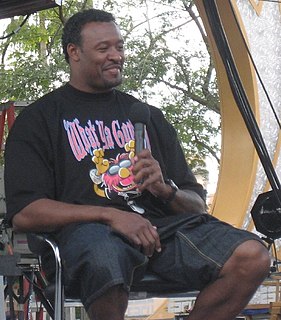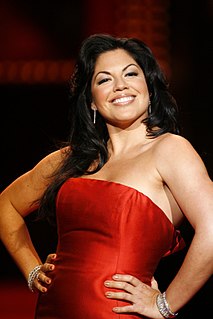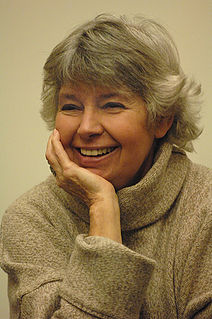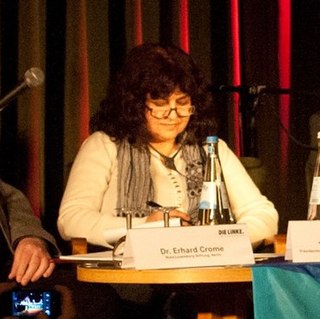A Quote by Ursula K. Le Guin
Safety lies in catering to the in-group. We are not all brave. All I would ask of writers who find it hard to question the universal validity of their personal opinions and affiliations is that they consider this: Every group we belong to - by gender, sex, race, religion, age - is an in-group, surrounded by an immense out-group, living next door and all over the world, who will be alive as far into the future as humanity has a future. That out-group is called other people. It is for them that we write.
Quote Topics
Related Quotes
All rights are individual. We do not get our rights because we belong to a group. Whether it's homosexuals, women, minorities, it leads us astray. You don't get your rights belonging to your group. A group can't force themselves on anybody else. So there should be no affirmative action for any group.
Facilitative attitudes (and skills) can help a therapist gain entry into the group Freedom from a desire to control the outcome, and respect for the capacity of the group, and skills in releasing individual expression Openness to all attitudes no matter how extreme or unrealistic they may seem Acceptance of the problems experienced by the group where they are clearly defined as issues Allowance of the freedom of choices in direction, either for the group or individuals particularly in the near future
One reason patients are reluctant to work in a therapy group is they fear that things will go too far, that the powerful therapist or the collective group might coerce them to lose control--to say or think or feel things that will be catastrophic. The therapist can make the group feel safer by allowing each patient to set his or her limits and by emphasizing the patient's control over every interaction.
I know someone who works in a record shop where I live and I'll go in there and he'll play me "Have you heard this single?". Singles by, er the group called The Tights, so an obscure thing... and a group called, I think, er Bauhaus, a London group. That's one single. There's no one I completely like that I can say "Well I've got all this person's records. I think he's great" or "This group's records" it's just, again, odd things.
I'm interested in the ongoing war between the individual and community. That inner dissent against whatever group is surrounding you. No one wants to cede their selfhood to a group, right? And yet no one can exactly live outside the group, either. Even the most obstinate survivalist probably lives in some telepathic communion with all the other obstinate survivalists out there in the woods.







































